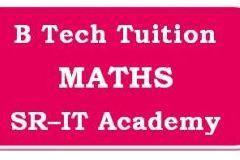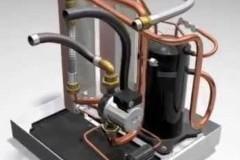THIS COURSE IS DESIGNED FOR ENGINEERING STUDENTS WHO ARE IN FIRST YEAR .THIS IS TO UNDERSTAND THE BASIC CONCEPT OF ELECTRCAL ENGINEERING SUBJECT.IT CONSISTS OF ELECTRICAL CIRCUITS ,MACHINES,ELECTRONICSÂ IN THE COURSE . THE BASICS OF ELCTRICAL ENGINEERING IS COVERED IN THIS COURSE.
UNIT-I: D.C. Circuits
Electrical circuit elements (R, L and C), voltage and current sources, KVL&KCL, analysis of simple circuits with dc excitation. Superposition, Thevenin and Norton Theorems. Time-domain analysis of first-order RL and RC circuits.
UNIT-III: Transformers
Ideal and practical transformer, equivalent circuit, losses in transformers, regulation and efficiency. Auto-transformer and three-phase transformer connections.
UNIT-IV: Electrical Machines
Generation of rotating magnetic fields, Construction and working of a three-phase induction motor, Significance of torque-slip characteristic. Loss components and efficiency, starting and speed control of induction motor. Single-phase induction motor. Construction, working, torque-speed characteristic and speed control of separately excited dc motor. Construction and working of synchronous generators.
UNIT-V: Electrical Installations
Components of LT Switchgear: Switch Fuse Unit (SFU), MCB, ELCB, MCCB, Types of Wires and Cables, Earthing. Types of Batteries, Important Characteristics for Batteries. Elementary calculations for energy consumption, power factor improvement and battery backup.
UNIT-II: A.C. Circuits
Representation of sinusoidal waveforms, peak and rms values, phasor representation, real power, reactive power, apparent power, power factor, Analysis of single-phase ac circuits consisting of R, L, C, RL, RC, RLC combinations (series and parallel), resonance in series RL-C circuit. Three-phase balanced circuits, voltage and current relations in star and delta connections.









